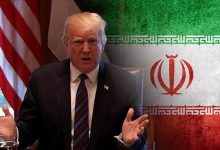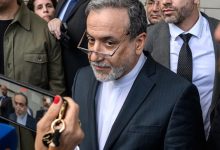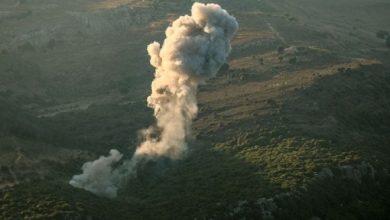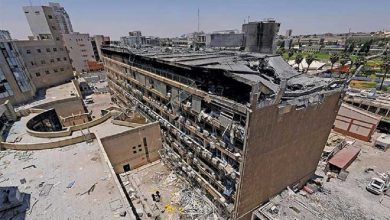Trump Reaches Out to Iran in Bid for Historic Reconciliation
In a surprising diplomatic shift, Trump sends letter to Ayatollah Khamenei proposing a new era of cooperation and mutual respect.
Watan-In a surprising turn on the international political stage, U.S. President Donald Trump has sent an official letter to Iran’s Supreme Leader, Ayatollah Ali Khamenei, calling for a “new chapter” in U.S.-Iran relations—a move described as potentially paving the way for a long-awaited historic peace.
The letter, revealed by Mohammad Saleh Sedghian, Director of the Arab Center for Iranian Studies, comes after years of heightened tension. Trump expressed his willingness to reshape relations with Tehran, stating that “the time has come to move beyond longstanding hostility and begin cooperation based on mutual respect.”
In the letter, Trump emphasized that the United States is ready to negotiate—on the condition that Iran halts its regional and international escalation. He pointed to the possibility of lifting economic sanctions and improving Iran’s global standing if it agrees to enter into serious negotiations.
However, the letter also included a warning. Trump stressed that Iran’s rejection of the initiative would be seen as a missed historic opportunity. “If the Iranian regime continues to ignore the world’s calls, history will record that it squandered a great chance for peace,” he wrote.
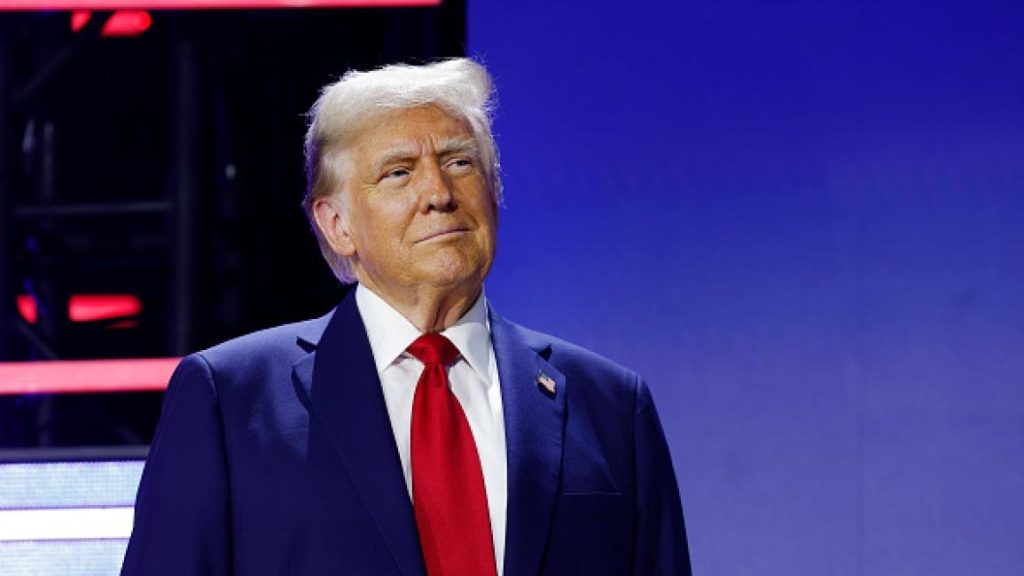
Uncertain Future for U.S.-Iran Diplomacy
International reactions to the letter have been mixed. Some view it as an electoral maneuver by Trump ahead of his upcoming presidential campaign, while others believe it could open the door to a diplomatic breakthrough between the two countries—especially amid mounting crises in the Middle East, from the war in Gaza to the Iranian nuclear issue.
The Iranian Supreme Leader has yet to issue an official public response, but some of his close associates hinted that “the reply was more precise and profound than Trump expects,” fueling speculation over whether Tehran is truly considering dialogue with Washington.
Meanwhile, observers note that this initiative marks one of the most significant shifts in Trump’s rhetoric—especially given his prior “maximum pressure” policy against Iran during his 2016–2020 term, which saw the U.S. withdraw from the nuclear deal and escalate military tensions with Tehran.
The key question remains: Will Iran respond to the initiative? And could 2025 mark the beginning of a new era between Washington and Tehran after decades of hostility?

